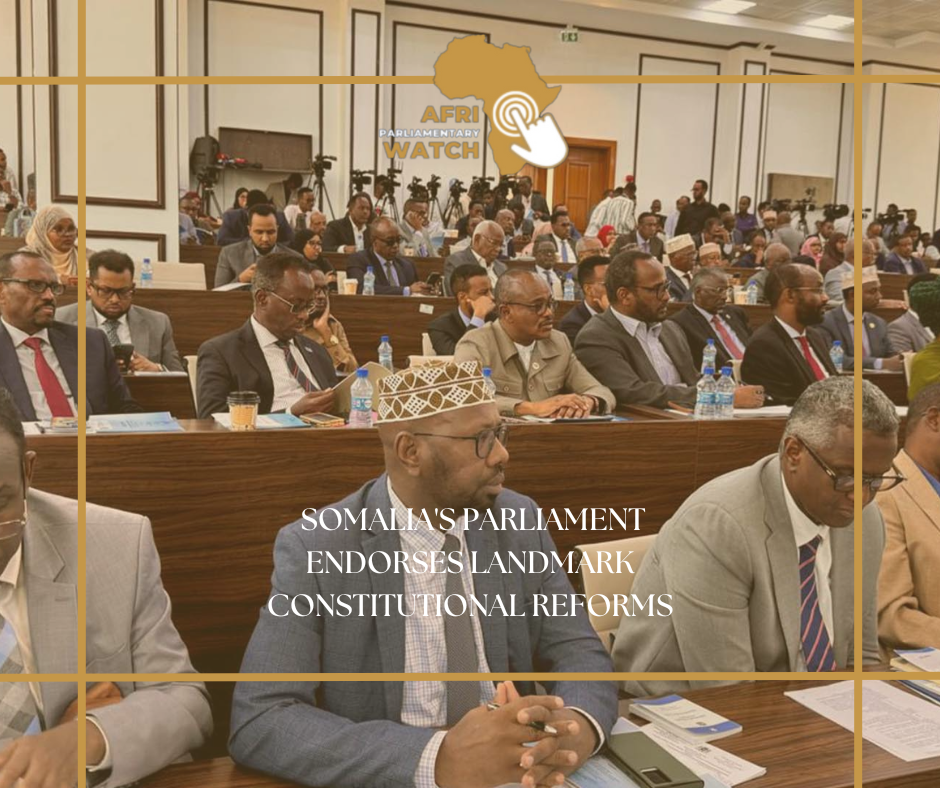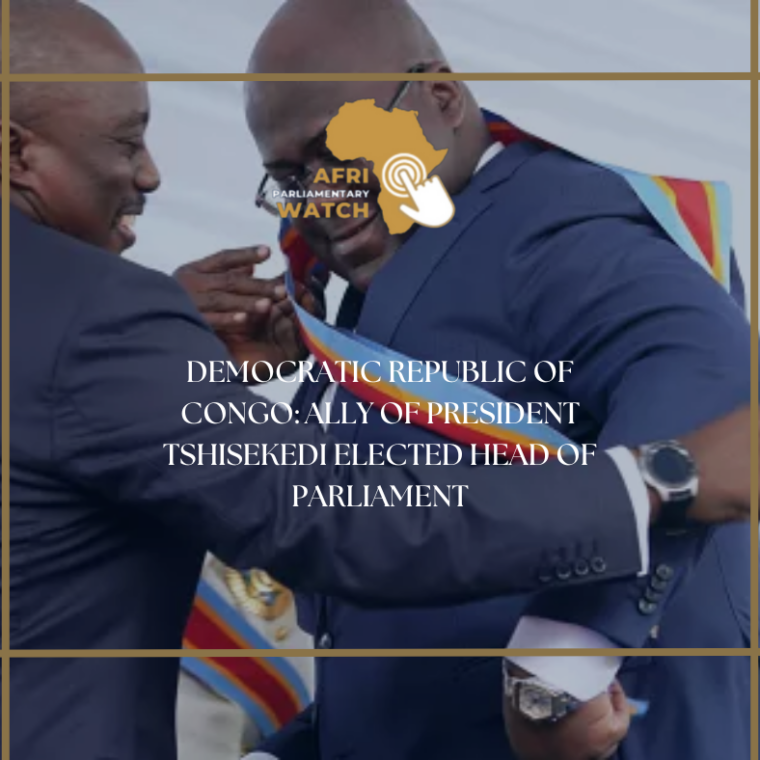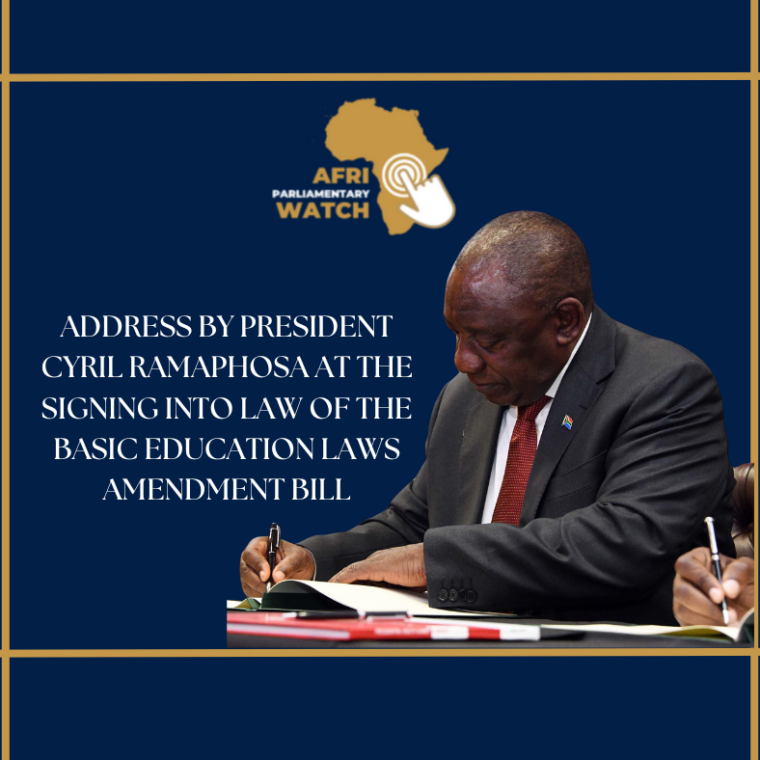On Saturday, Somalia’s Parliament approved significant changes to its constitution, granting the president the authority to appoint and dismiss the prime minister. This decision marks a major shift in the country’s governance structure.
After weeks of heated discussions, Somalia’s bicameral federal parliament passed amendments to the first four chapters of the provisional constitution. The vote took place during a joint session in Mogadishu, where lawmakers individually reviewed each chapter before voting on the proposed changes submitted by the Independent Constitutional Review and Implementation Commission (ICRIC).
Sheikh Adan Mohamed Nur Madobe, Speaker of the Lower House, announced that the amendments were passed with overwhelming support. “A total of 212 members of the Lower House and 42 members of the Upper House voted in favor of the amendments, with no abstentions or rejections. Thus, the amendment has been approved unanimously,” Madobe stated.
Hussein Idow, Chairperson of the Constitutional Review Committee, noted that three provisions related to religion would undergo further review to ensure they align with the values and principles of the Somali people. “This provisional constitution has been under review for nearly a decade. Since 2012, three parliaments have attempted to amend it, but progress gained momentum only in late 2023. We thank the 11th Parliament for its courage in finalizing the review,” Idow said.
Changes to Executive Powers
One of the key amendments establishes a dual executive system with both a president and a prime minister. The president will now have the power to appoint and remove the prime minister, replacing the previous system where the prime minister needed a vote of confidence from parliament. This change is expected to offer greater flexibility within the executive branch.
Somalia has a history of political disputes between presidents and prime ministers, often influenced by clan-based, regional, and ideological factors. Since the presidency was established in 1960, Somalia has had nine presidents. The last four, including the current one during his first term, have dismissed prime ministers with parliamentary support. These disputes frequently center around the allocation of power and resources among various clans and regions.
A proposed amendment that would have made the president both head of state and government, with ceremonial duties assigned to a vice president, was removed during the review process.
Multi-Party System and Term Limits
The amended constitution sets a five-year term for government bodies and refers to regional state leaders as “presidents.” It also introduces a multi-party system, establishing three political parties in the country.
This amendment faced strong opposition from some political figures, including former Presidents Mohamed Abdullahi Farmaajo and Sharif Sheikh Ahmed, as well as Puntland state leaders, who voiced concerns about the lack of consensus on the changes.
In a statement released on Saturday, influential politicians, including former prime ministers Hassan Ali Khaire and Omar Abdirashid Ali Sharmarke, criticized President Hassan Sheikh Mohamud for pushing through the controversial amendments. “The president has led the nation into turmoil and political uncertainty by pressuring parliament to approve contentious constitutional provisions,” their statement read.
Concerns over Child Protection
The ICRIC’s proposed amendments, submitted in February, include provisions on the age of maturity and criminalizing female genital mutilation. The approved changes set the age of maturity at 15 and the age of legal responsibility at 18, aiming to ensure that those under 18 are protected by juvenile justice standards.
However, rights groups have raised concerns that these amendments could reinforce traditional norms that may lead to child marriage. Human Rights Watch warned that the changes, as they stand, could put girls at increased risk of early marriage, affecting their health, education, and overall protection. Laetitia Bader, Deputy Africa Director at Human Rights Watch, urged Somalia’s parliament to resist weakening protections for children and called on donors to ensure that the Somali government upholds its international human rights commitments.





